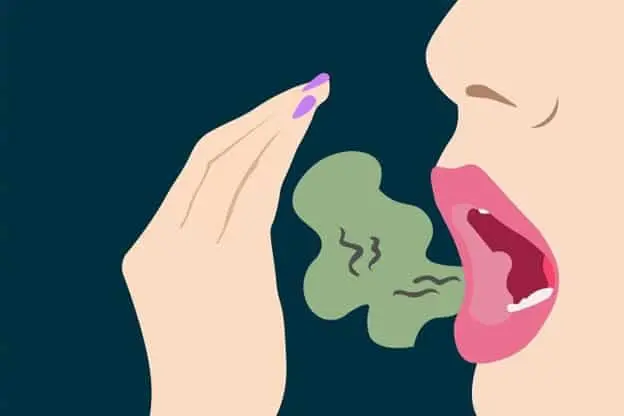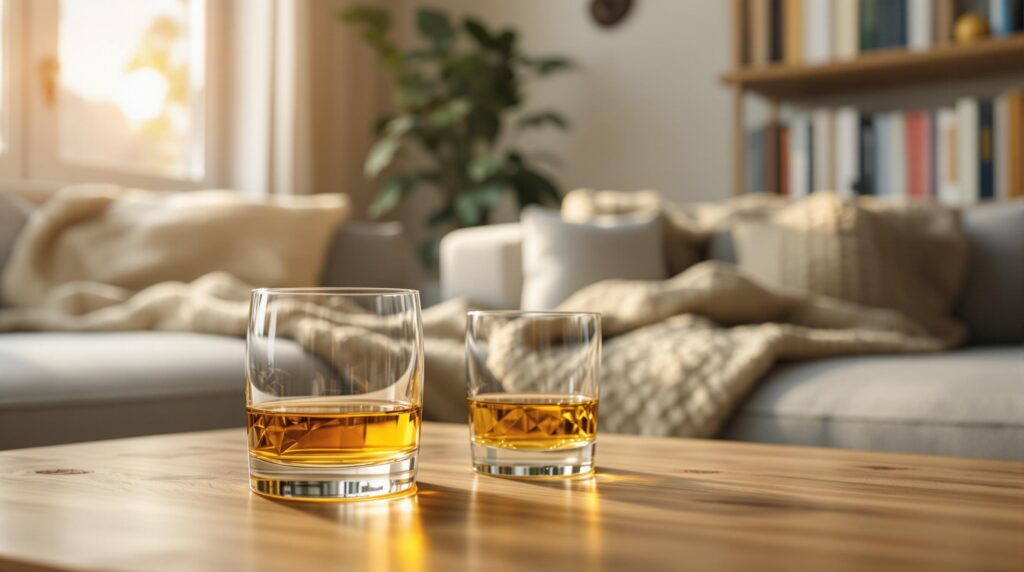Trying to hide alcohol breath is like trying to sneak a cat into a dog show – it might work for a while, but eventually, everyone’s going to notice something’s up!
Alcohol breath is a common concern for every individual who delights in occasional drinking. Whether it’s a business meeting, a date, or a family gathering, the lingering stank of alcohol on your breath can be a source of embarrassment. But all that can be history now.
In this article, we will settle your concerns about what gets rid of alcohol breath by providing effective and simple hacks to ensure your confidence level is in check after a few drinks.
First things first, what causes alcohol breath?
Ideally, not all drinkers are conscious of this issue. The level of concern varies widely among individuals based on factors such as personal habits, social contexts, and cultural norms.
However, for those who actively seek solutions to mitigate alcohol breath, it is imperative to understand what causes it.
When you consume alcoholic beverages, your body processes the alcohol content through a series of metabolic reactions. Your liver, through the help of certain enzymes, works to break down ethanol into acetic acid.
During this metabolic process, some volatile compounds are produced that may have a distinct odor and can be expelled from the body through sweat, urine, or breath. This means that as you breathe, some of the alcoholic metabolites are released through the respiratory system – the lungs.
The most notable of these compounds is acetaldehyde, which has a sweet, fruity odor that contributes significantly to alcohol breath. So, it would be safe to say that a significant proportion of alcohol breath originates from your lungs – not so much from the mouth as many would assume.
However, part of it is attributable to the mouth as alcohol causes decreased saliva production – dry mouth. Since saliva plays a role in cleansing the mouth and neutralizing odors, reduced production can contribute to the persistence of alcohol breath.
Factors affecting the intensity of alcohol breath
The intensity and duration of alcohol breath can be influenced by factors such as:
- Amount and type of alcohol consumed.
- Oral hygiene.
- Individual metabolism.
- Hydration levels.
What gets rid of alcohol breath?
Finally, the long-awaited hacks to effectively eliminate alcohol breath are here!
Drink strong-smelling beverages
Well, as much as alcohol breath is a thing, coffee breath is also a thing. Strong beverages such as coffee can help mask out alcohol breath. Take it black, without added sugar or milk, and swish it in your mouth before swallowing to leave a lingering aromatic scent.
Be careful not to mix coffee with alcohol as this can inadvertently cause the multiplier effect, leaving you energetic and with the urge to drink more.
Other beverages such as lemon water can help temporarily eliminate alcohol breath. After drinking alcohol, squeeze fresh lemon into a glass of water, swish it around your mouth, and swallow.
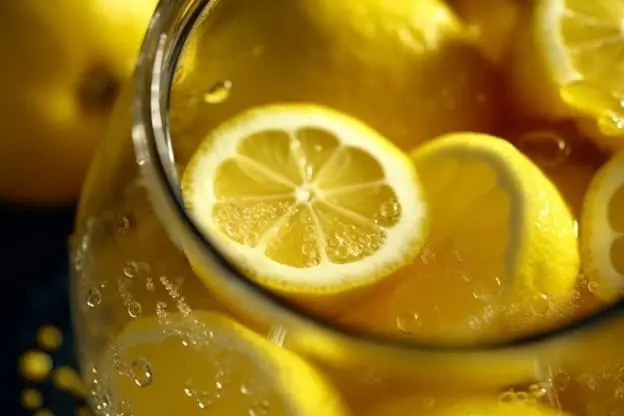
Eat strong-scented foods
Certain foods can help neutralize the odor of alcohol on your breath. These include foods high in fiber content such as raw veggies and fruits, or peanut butter. These foods have a strong and sweet smell.
Peanut butter is thick enough to line your mouth, giving you fresher breath. A sandwich with raw vegetables and peanut butter spread would do the magic for you.
On the flip side, it is crucial to avoid onions or garlic-flavored foods. While these have stronger odors than that of alcohol, the alternative would lead to intensified undesirable breath.
Good oral hygiene
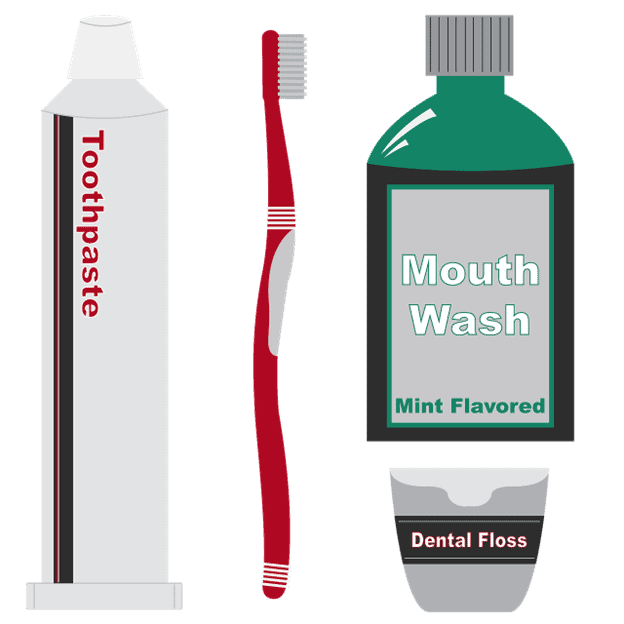
Practicing good oral hygiene is crucial for keeping alcohol breath at bay. Regularly and thoroughly brushing your teeth, gums, and tongue removes lingering alcohol particles and bacteria.
Strong-smelling toothpaste, such as ones containing menthol, and effective for masking alcohol smell. Also, don’t forget to floss after a night of drinking to remove food particles saturated with alcohol between your teeth.
While brushing, use a tongue scraper to eliminate bacteria from your tongue and prevent the accumulation of alcoholic residue.
Alternatively, gargling a mint-flavored alcohol-free mouthwash for about 30 seconds would do the trick. This allows sufficient time for the mouthwash to add an extra layer of freshness and afterward rinse your mouth with water.
Chew scented herbs
Herbs such as parsley and cinnamon are natural deodorizers, meaning they can neutralize or mask odors, including alcohol breath.
Parsley is sometimes recommended as a natural breath freshener while cinnamon has aromatic qualities that overpower undesirable smells and inhibit bacterial growth in the mouth.
Other aromatic herbs that can override odors include cardamon, anise, and fennel seeds. These herbs stimulate saliva production, which in turn cleanses the mouth of food particles and bacteria, contributing to fresher breath. Use these herbs to garnish your stew and enjoy their aroma.
You can either nibble the leaves of cinnamon and parsley directly or cook them up in a dish.
Chew gum
Chewing breath mints or flavored gum is a quick and simple way to mask alcohol breath. They stimulate saliva production which not only cleanses your mouth but helps eliminate bacteria.
It is recommended to go for sugar-free gums to avoid potential dental issues and prioritize gums flavored with mint, cinnamon, or eucalyptus to give you an extra burst of freshness.
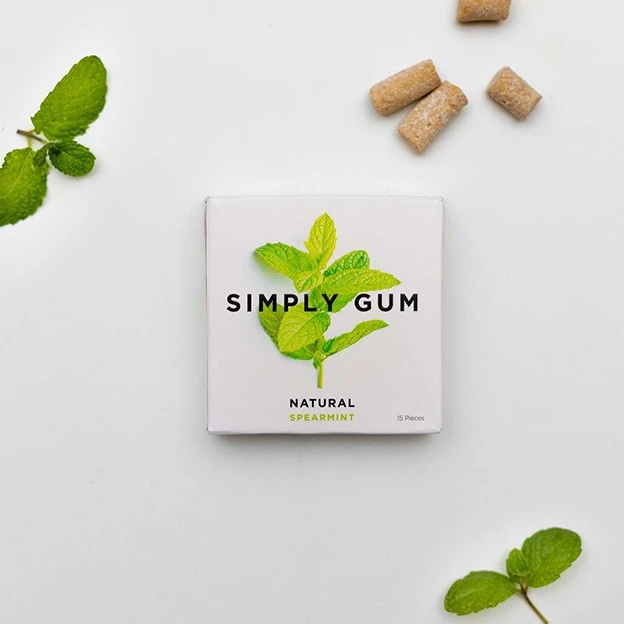
Additionally, it would be super convenient if you’d carry some chewing gum with you on your way to your favorite bar. After all, you never know when life is going to throw you a surprise meeting or a spontaneous conversation with your crush – and nobody wants to be caught off guard with a breath that tells the story of last night’s liquor.
How to prevent alcohol breath
It is said prevention is better than cure. Now that we know how to rid the smell of alcohol from our mouths, it is equally important to practice mindful drinking and employ habits that prevent alcohol breath. They include:
Hydrate! Hydrate! Hydrate!
Hydration is key. This is one of the simplest forms and most effective ways of preventing alcohol breath. Since alcohol is a diuretic, it causes dehydration which may lead to a build-up of toxins in your body, contributing to unpleasant breath.
Water, on the other hand, dilutes the alcohol residues in your mouth and helps flush it out of your system. Regularize taking a glass of water in between drinks or watering down your liquor with ice cubes.
Doctors recommend consuming at least 8 glasses of water every day, spread out through the day and especially after a night of drinking. This is also a hack to prevent intense hangovers. Talk of killing two birds with one stone!
Drink moderately
Well, moderation is relative. Different individuals may consider moderate alcohol intake differently. Whatever your moderate is, it’s important to remember that excessive alcohol consumption can cause severe consequences, including the risk of alcohol poisoning, vomiting, and severe dehydration.
Truth be told, it is easy to lose count, especially in social settings where the bartender “keeps ‘em comin’. However, a moderate drink is considered 2 standard drinks for men and 1 for women. According to the NIAAA (National Institute on Alcohol Abuse and Alcoholism), a standard drink is about 14 grams or 0.6 fluid ounces of pure alcohol.
With these measurements, always pace yourself when drinking and know when to stop.
Avoid mixing alcohol
This is easier than done. It is not uncommon to find a group of friends drinking one brand of alcohol while taking shots of a different brand.
It might look like fun but mixing alcoholic drinks, especially hard liquor, introduces compounds with varying levels of alcohol content, leading to a build-up of alcohol metabolites and other volatile compounds in your system which results in a stronger pungent breath.
It also significantly contributes to alcohol poisoning and hangovers. This is often an overlooked truth.
To minimize the intensity of alcohol breath, stick to one type of alcoholic beverage a night. If your first order was whiskey, keep taking whiskey for the night.
By all means, avoid tobacco products!
Smoking cigarettes or using other tobacco products while drinking alcohol exacerbates bad breath. Tobacco independently contains compounds that contribute to bad breath.
The combination of alcohol and tobacco can result in a more pronounced breath odor. Even worse, the nicotine in tobacco lingering in the mouth creates a stale smoky scent.
We haven’t even taken into account the potential health concerns that result from smoking tobacco, from cardiovascular diseases to respiratory issues, teeth discoloration, and certain cancers. It is therefore advisable to avoid tobacco products entirely.
Choose alcohol with lower potency
Drinks with lower alcohol by volume (ABV) help prevent alcohol breath as they introduce smaller quantities of alcohol into your bloodstream, meaning the liver will have more time to metabolize the alcohol and clear all metabolites from your system.
This slower process leads to a milder alcohol breath.
Bottomline
Dealing with alcohol breath doesn’t have to cause you anxiety every time you go drinking. By implementing these simple and effective tips into your routine, you can confidently navigate social situations without having to worry about the lingering scent of alcohol.
However, if the problem persists, seek medical advice from a qualified professional.
